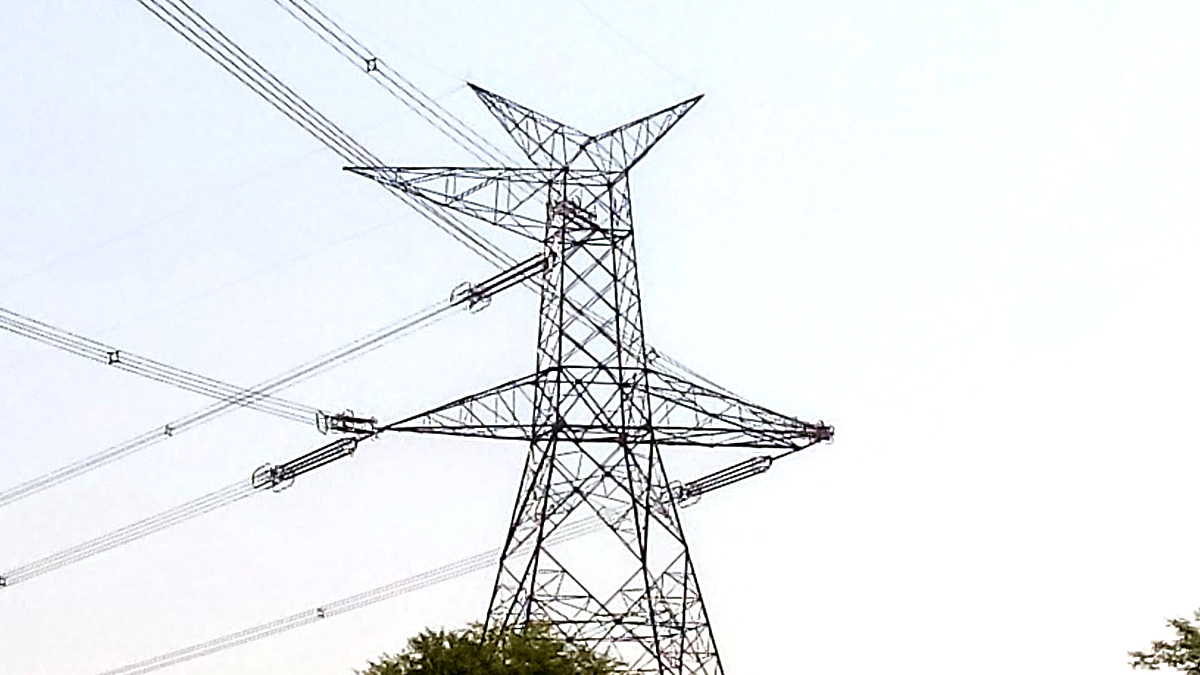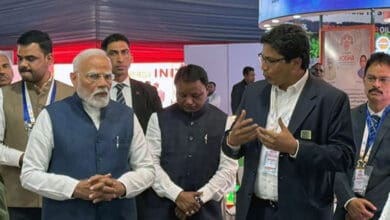Union Minister for Power and New and Renewable Energy RK Singh on Friday chaired a virtual meeting with states, Union Territories to discuss India’s energy transition goals.
The meeting includes the officers of the Ministry of Power and MNRE, Additional Chief Secretaries, and Principal Secretaries of Power/Energy Departments of States and UTs.
Union minister said Prime Minister Narendra Modi’s commitment to ramp up India’s fight against climate change and global warming, emphasised the need for collaboration between the centre and states to ensure energy transition in all potential sectors of the economy.
This meeting was organised in line with Modi’s commitment at COP26, towards reducing the carbon intensity of our country.
The objective of this meeting was to ensure the state’s participation in fulfilling India’s climate commitments and each State and UT can be assigned energy saving targets.
Addressing the meeting, Singh stressed the need for collaborative efforts between the Central and state governments towards the large-scale deployment of energy efficiency measures in potential sectors of the economy.
He emphasised the need to have a state-specific agency dedicated to energy efficiency and conservation.
The union minister also urged that the states should develop an action plan to achieve the assigned targets.
He further said that “We are working for a new and modern India, which cannot happen without modern power systems, and we look forward to working with all states and UTs to achieve this.”
India will replace diesel with renewables to achieve the target of zero diesel use in the agricultural sector by 2024, Singh stressed.
The Minister during the meeting highlighted that the commercial buildings should follow ECBS and the domestic buildings should follow ECO NIVAS and this should be part of the building by-law.
He said that all the power demand will be met by non-fossil fuel methods with the help of energy storage.
At the COP26 climate summit in Glasgow in November 2021, Prime Minister announced India’s ‘Panchamrit’ to combat climate change effects. The five nectar elements are India will reach its non-fossil energy capacity to 500 GW by 2030.
India will meet 50% of its energy requirements from renewable energy by 2030. India will also reduce the total projected carbon emissions by one billion tonnes from now onwards till 2030.
By 2030, India will reduce the carbon intensity of its economy by less than 45% and by the year 2070, India will achieve the target of Net-Zero.













